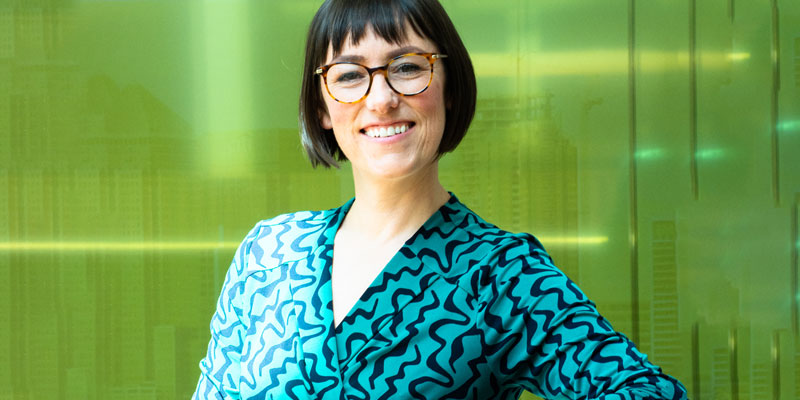
Professor Kate Brown
Kate Brown, Professor of Social Policy and Criminal Justice at the School for Business and Society; and Co-Director of the ESRC Vulnerability & Policing Futures Research Centre, on resetting the relationship between vulnerability and policing through research.
Can you tell us a little about your area of research?
My research is about vulnerability, social policy and criminal justice, with a focus on vulnerable people's lives and experiences.
My work for the Vulnerability and Policing Futures Research Centre is about resetting the relationship between vulnerability and policing through research. As part of this, I’m working on a national study of exploitation and vulnerability in drug markets, sometimes called "county lines", as well as a study on how police and other agencies respond to vulnerability in Bradford.
Who do you work with to carry out your research?
My work involves building strong partnerships with agencies who provide services for vulnerable people, including the police, but also social care, education, health, housing and local community-based services.
An important part of this is making sure those who are seen as vulnerable, such as people affected by child exploitation and drug markets, are recognised and listened to. By including their voices and perspectives, we can help make better social and criminal justice policies in the future, which respond to their needs.
What does this look like in reality? Can you give us an example?
For the county lines study, we're working with a partner agency called Revolving Doors to make sure that the voices and perspectives of people with lived experience of vulnerability in the criminal justice system inform the work we are doing. We’ve consulted with them about the design of the study and how we should conduct it. We'll hopefully work with them again when it comes to how we get our research out there to influence change.
What do you love about your work?
Every day, I'm taught to look at the world in a new way, by people who look at it differently to me.
I love teaching too. My research directly shapes what it is we're teaching our students. Ten years ago, I used to get more resistance from students to some of the things I teach about inclusion of the most vulnerable, but now our students tend to be really on board because they can see societal failings and are keen to see progressive social change.
That gives me a lot of hope. It’s great to be doing research that has an impact on what future generations will go on and do in the world.
What is the most challenging aspect of your research?
Social change is just notoriously difficult to influence and achieve. It is challenging to think about how we can get systems change happening in the area of social policy for the most vulnerable.
But I'm lucky because I work with a whole team of people who are pulling in the same direction, studying vulnerability in new ways, and working in partnerships to push forward social change.
It’s through the momentum we generate that we stand the best chance of achieving social change. We don’t have the power to change policies overnight, but we can chip away at the challenges and influence new policy responses to some of the future challenges that are faced by people who are at risk of harm.
If you think about the future of your research area, how hopeful are you?
Sometimes I find it hard to feel hopeful, but I do think that hope is a really important part of social change and positive social change. For me, hope is about the action that we take here and now to make the future better. The possibility that things might be different in the future galvanises us.
What do you hope for?
I hope for better rights and protections for those who face the greatest levels of adversity. And that marginalised people are seen and heard, which will result in better social and criminal justice policies.
Find out more:
